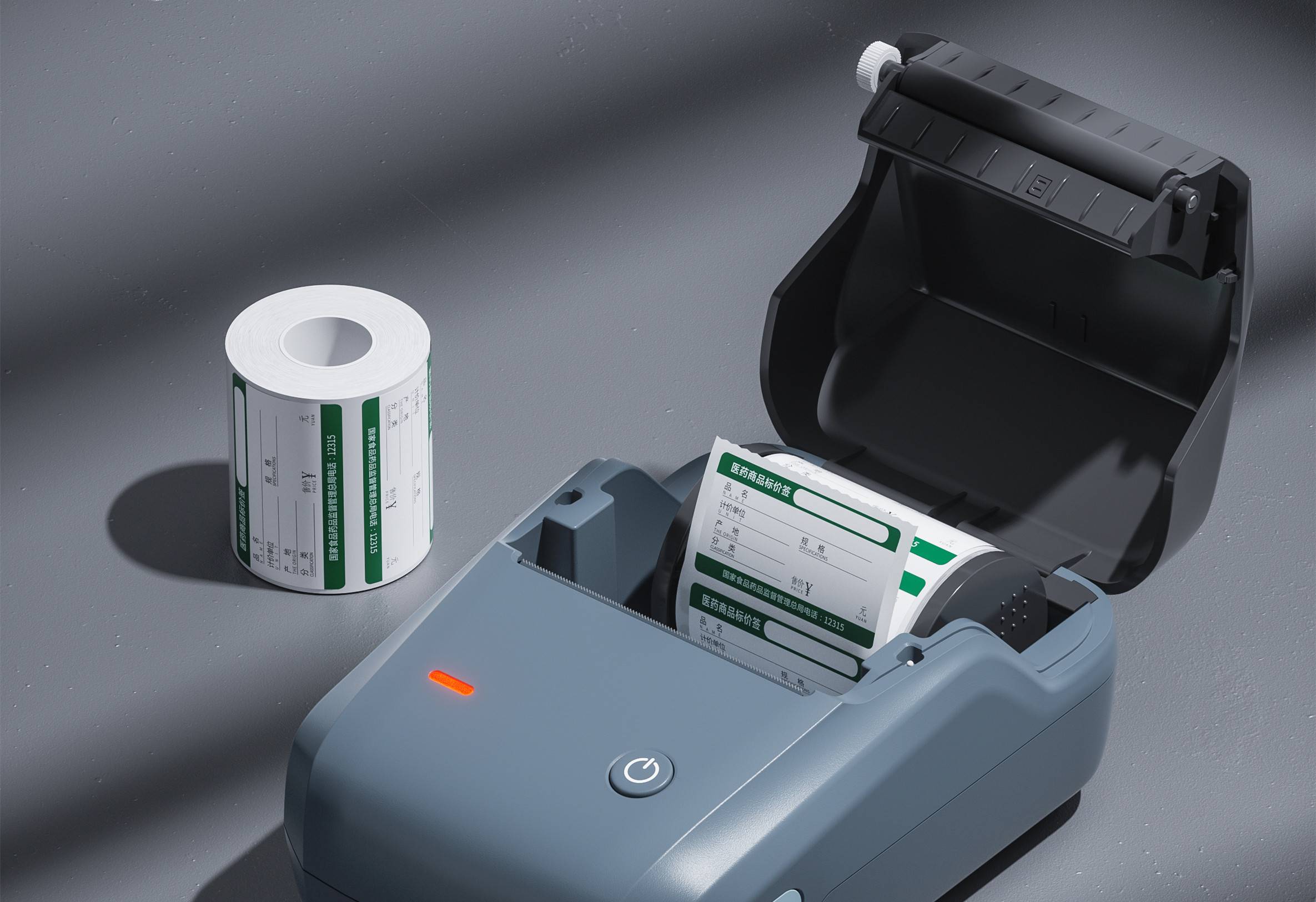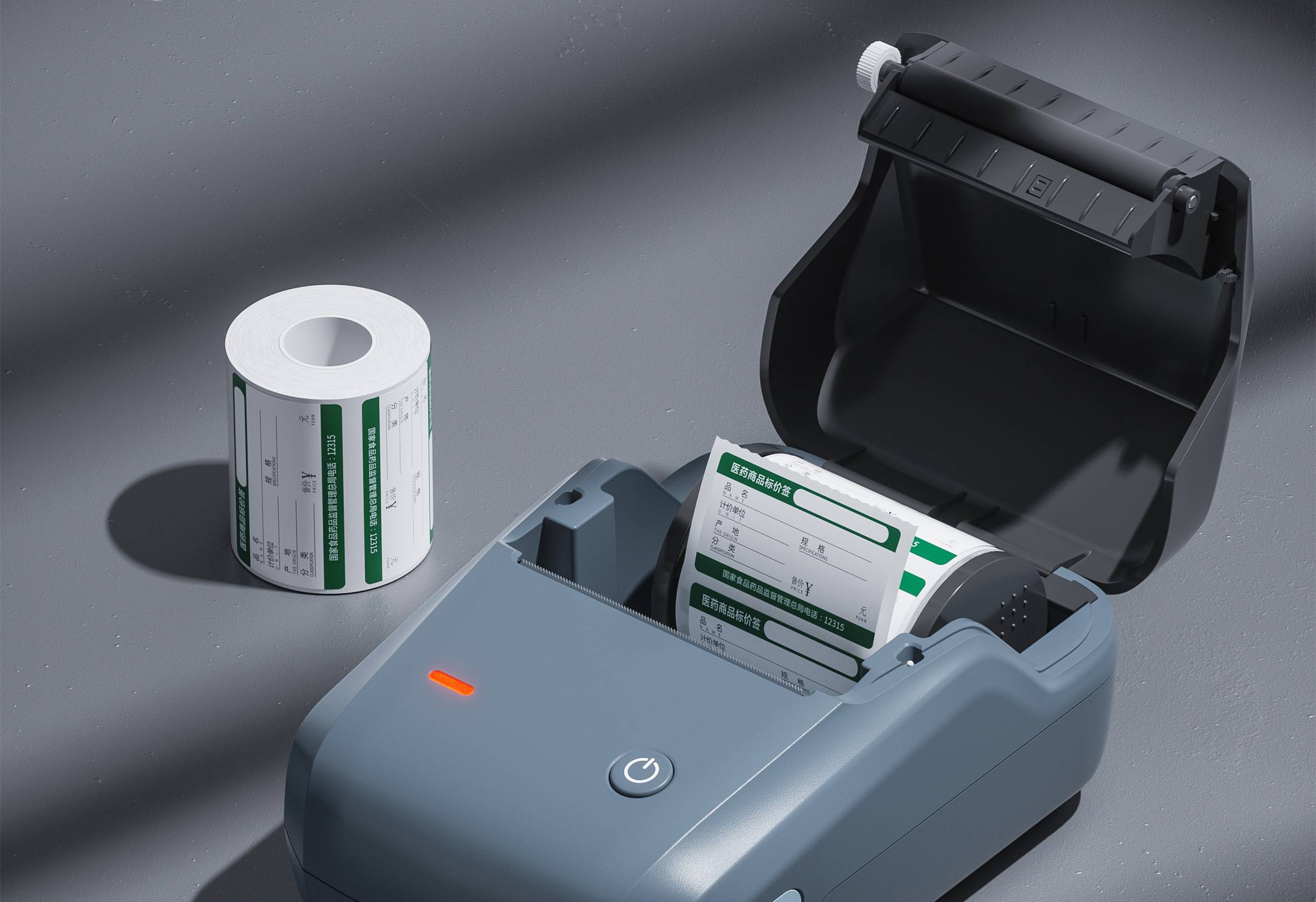
basic introduction
CPSIA is the Security Improvement Act signed by US President Bush on August 14, 2008. The decree is the toughest consumer protection bill since the establishment of the Consumer Product Safety Commission (CPSC) in 1972. In addition to the stricter requirements for lead content in children ’s products, the new bill also makes new regulations on the content of phthalates, a harmful substance in toys and child care products. In addition, the bill also requires the establishment of a public database for consumer product safety.
Test items
* Lead test for toys / children's products and paints / paints
* Small parts test that can cause suffocation
* Eraser / pacifier
* Child bed with railing
* Children's metal accessories
* Inflatable baby trampoline, baby walker, skipping rope
Related Acts
US CPSIA / HR4040 test lead / phthalate
Article 101. Children's products containing lead; lead paint regulations
Article 102 Compulsory third-party testing of certain children's products
Article 103 Traceability labeling of children's products
Article 104 Durable infant product standards and consumer registration
Article 105 Labeling requirements for toy and game advertisements
Article 106 Mandatory toy safety standards
Article 107 Research on a few preventable child injuries and deaths related to consumer products
Article 108 Prohibition of the sale of certain products containing phthalates
Label requirements
From 1 year after the regulation comes into effect (August 14, 2009), the manufacturer of children's products must affix a permanent and clear mark on their products and related packaging, so that consumers can identify and determine the manufacturer's name and production
Date and place of origin, as well as other relevant production information, to ensure product traceability.
Unless the product complies with the safety requirements or standards applicable to the regulations or standards, it is strictly forbidden for consumer product advertisements or the labeling and packaging of the products to contain alleged information regarding consumer product safety regulations or voluntary consumer product safety standards.
Prohibited products
180 days after the regulations come into effect (February 10, 2009), it is illegal for anyone to provide the following products
--- Manufacture and sale of any children's toys or children containing DEHP, dibutyl phthalate DBP or butyl benzyl phthalate BBP at a concentration higher than 0.1% Childcare items are illegal
--- Prohibition of the production or sale of diisononyl phthalate DINP, diisodecyl phthalate DIDP or dioctyl phthalate DnOP in a transition period is prohibited Children playing in the entrance
Our advantage
1. With a professional qualification and experienced expert technical team, we can provide you with professional consultation and services.
2. Have advanced laboratory equipment to ensure the accuracy and reliability of test data.
3. As a third-party testing and certification organization trusted by customers worldwide, we are your certificate of quality.

Label printers entering the Brazilian market, ANATEL certification is an essential passport! It is the recognition of the Brazilian Telecommunications Authority for the safety and compliance of electronic products, without which products cannot be legally sold.

SRRC certification is not only a guarantee of product compliance, but also a key to opening up the market.

FCC ID certification is a mandatory certification for electronic products by the Federal Communications Commission (FCC) in the United States, and it is essential for label printers to obtain this certification.
CPSIA is the Security Improvement Act signed by US President Bush on August 14, 2008. The decree is the toughest consumer protection bill since the establishment of the Consumer Product Safety Commission (CPSC) in 1972.
Get a quote